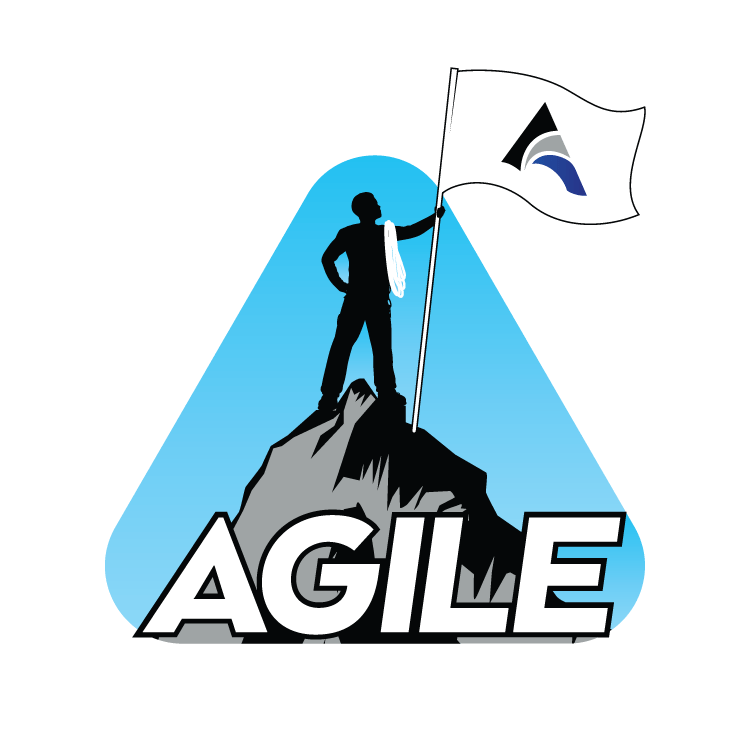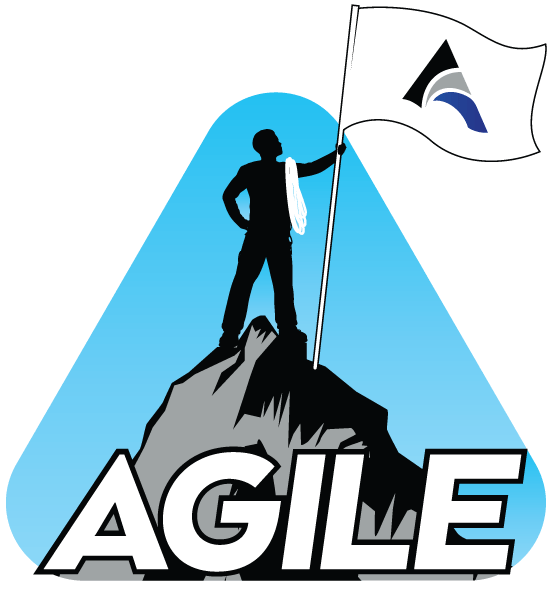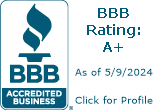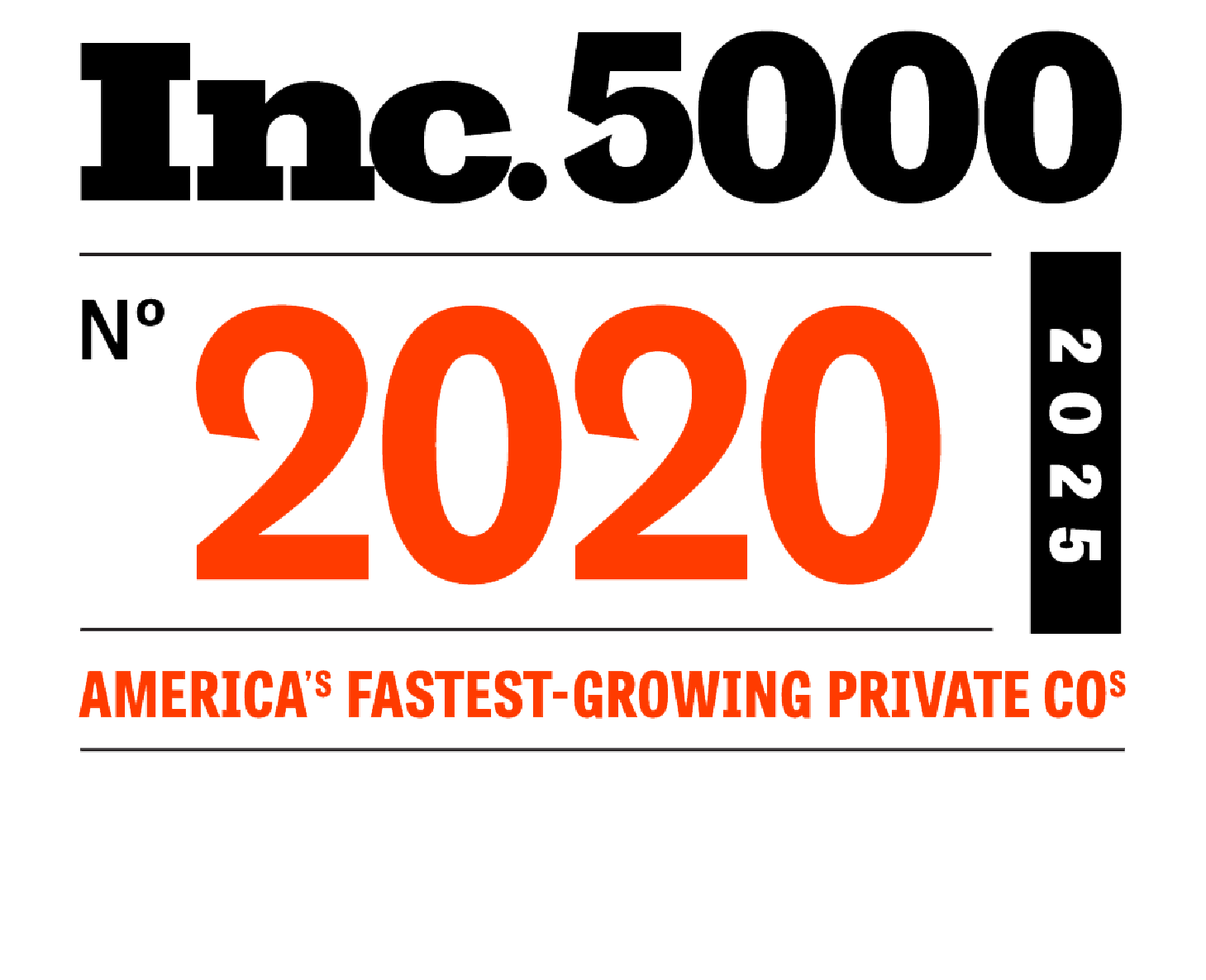Iowa Sales Tax on Software and Digital Products
Iowa applies distinct sales and use tax treatment to software, cloud computing, and digital services. If a product is taxable depends heavily on how it’s delivered, the nature of the user (business vs. individual), and the structure of the transaction.
Understanding Iowa’s rules is essential for businesses looking to comply with software sales tax and SaaS sales tax regulations while reducing audit risk and avoiding unnecessary overpayment.
Page - Table of Contents
Taxability of Software in Iowa
- Prewritten Software
- Custom Software
- Software as a Service (SaaS)
- Platform as a Service (PaaS)
Implementation & Installation Services
- Onsite
- Remote - Live
- Remote - Pre-recorded
- Optional
- Mandatory
Exemptions and Special Considerations in Iowa
Compliance Tips for Businesses

Iowa classifies software as either prewritten or custom and applies tax differently based on use and buyer type.
Prewritten Software
Prewritten software is taxable when sold for non-business or personal use. However, when this same software is sold to and exclusively used by a commercial enterprise, it is non-taxable. A commercial enterprise includes for-profit businesses, manufacturers, insurance companies, financial institutions, and public utilities.
Custom Software
Custom software is treated as a non-taxable service transaction, especially when tailored to the specific needs of the customer. As long as the sale is properly documented and the product is delivered to and used by a qualifying commercial enterprise, these transactions remain outside the scope of Iowa’s software sales tax rules.
Iowa Cloud-Based Services
Cloud-based services, including software accessed through a remote interface, are generally treated as taxable services in Iowa. However, a narrow exemption applies when the buyer is a commercial enterprise.
Software as a Service (SaaS)
SaaS is taxable in Iowa for most buyers. However, if the software is sold to and exclusively used by a commercial enterprise, it may qualify for exemption. This position is supported by Iowa Code provisions recognizing limited exclusions for specified services provided to commercial businesses.
Platform as a Service (PaaS)
Iowa has not issued specific guidance on PaaS. However, given its functional similarity to SaaS, it is treated as taxable unless sold to a qualifying commercial enterprise, which would then follow the same limited exemption criteria.

Hardware & Tangible Items
All tangible personal property, including IT hardware, is taxable in Iowa unless a specific exemption applies. This includes computers, servers, storage devices, and networking equipment.
Implementation & Installation Services
Services related to installing, maintaining, or upgrading tangible software are taxable. This includes technical implementation tied to the sale of digital products or traditional software delivered to the end user’s device.
- Taxable when service is bundled with the sale of a tangible product, even if invoiced separately.
- Non-taxable when tied exclusively to the deployment of exempt custom software or cloud-based services, with no transfer of tangible property.
Ultimately, whether tax applies depends on the nature of the software delivered and how the installation is invoiced and executed.

Training Services
Iowa generally exempts training services from sales tax when they are tied to custom software and properly invoiced. However, taxability can shift depending on format, delivery method, and whether the training is bundled with taxable software or tangible goods.
Onsite
Onsite training services associated with custom software are non-taxable, particularly when invoiced separately and sold to a commercial enterprise. If bundled with taxable software, careful contract structuring is required to preserve exemption.
Remote - Live
Interactive virtual training tied to custom software is also non-taxable. The exemption hinges on buyer qualification (commercial use) and ensuring no tangible goods are transferred as part of the transaction.
Remote - Pre-recorded
Pre-recorded digital training materials are treated similarly. When associated with custom software and sold to a commercial enterprise, they are non-taxable, even if delivered in a downloadable or streaming format.
Maintenance Agreements
Maintenance agreements in Iowa are exempt when handled as separate service transactions tied to custom software. These must be structured and billed independently from any tangible components to retain non-taxable status.
Optional
Optional maintenance plans for custom software are non-taxable if they cover only support services (e.g., help desk, troubleshooting) and are not bundled with taxable hardware or software.
Mandatory
Mandatory maintenance agreements can also be non-taxable if the same criteria are met, the services must relate solely to custom software and be separately stated from any taxable product.
Exemptions and Special Considerations in Iowa
Iowa offers valuable exemptions that hinge on commercial enterprise use. To qualify, buyers must fall into defined categories such as:
- For-profit businesses
- Nonprofit and for-profit insurance companies
- Financial institutions
- Public utilities
- Manufacturers operating for profit
Exemptions only apply if the sale is exclusive to and used by the qualifying business. Vendors must maintain proper exemption certificates and supporting documentation.


Compliance Tips for Businesses
Businesses selling software and related services in Iowa should take deliberate steps to classify transactions correctly and preserve exemption eligibility:
- Confirm buyer status as a “commercial enterprise” for each exempt transaction
- Use detailed invoices that break out software, training, and support components
- Document exemption certificates and ensure they are valid and up to date
- Review how software is delivered via cloud, installed, or hybrid—and match billing accordingly
- Monitor changes to Iowa administrative rules and tax code interpretations
Proper handling reduces liability under SaaS sales tax and ensures refund opportunities for over-collected tax.
Key Takeaways
Iowa’s approach to software sales tax and SaaS tax hinges on several factors, including the nature of the product or service, the method of delivery, and the type of buyer. Businesses selling to qualified commercial enterprises may benefit from exemptions, particularly when transactions involve digital products, software, or related services that are custom or electronically delivered.
Software as a Service (SaaS) and Platform as a Service (PaaS) are generally taxable unless the buyer is a qualifying commercial enterprise. Similarly, custom software, maintenance contracts, and training services are typically exempt—provided they are clearly separated from tangible goods and appropriately invoiced.
In contrast, hardware and implementation services tied to taxable goods are subject to Iowa sales tax. The state maintains a broad definition of taxable installation and physical property, making careful contract language and line-item clarity critical.
Ultimately, compliance in Iowa requires consistent documentation, accurate buyer classification, and well-structured invoicing practices to avoid unnecessary tax liabilities and ensure audit readiness.
Need Help Navigating Iowa’s Software and SaaS Sales Tax Rules?
Agile Consulting Group helps businesses simplify and manage complex software sales tax and SaaS sales tax obligations under Iowa law.



